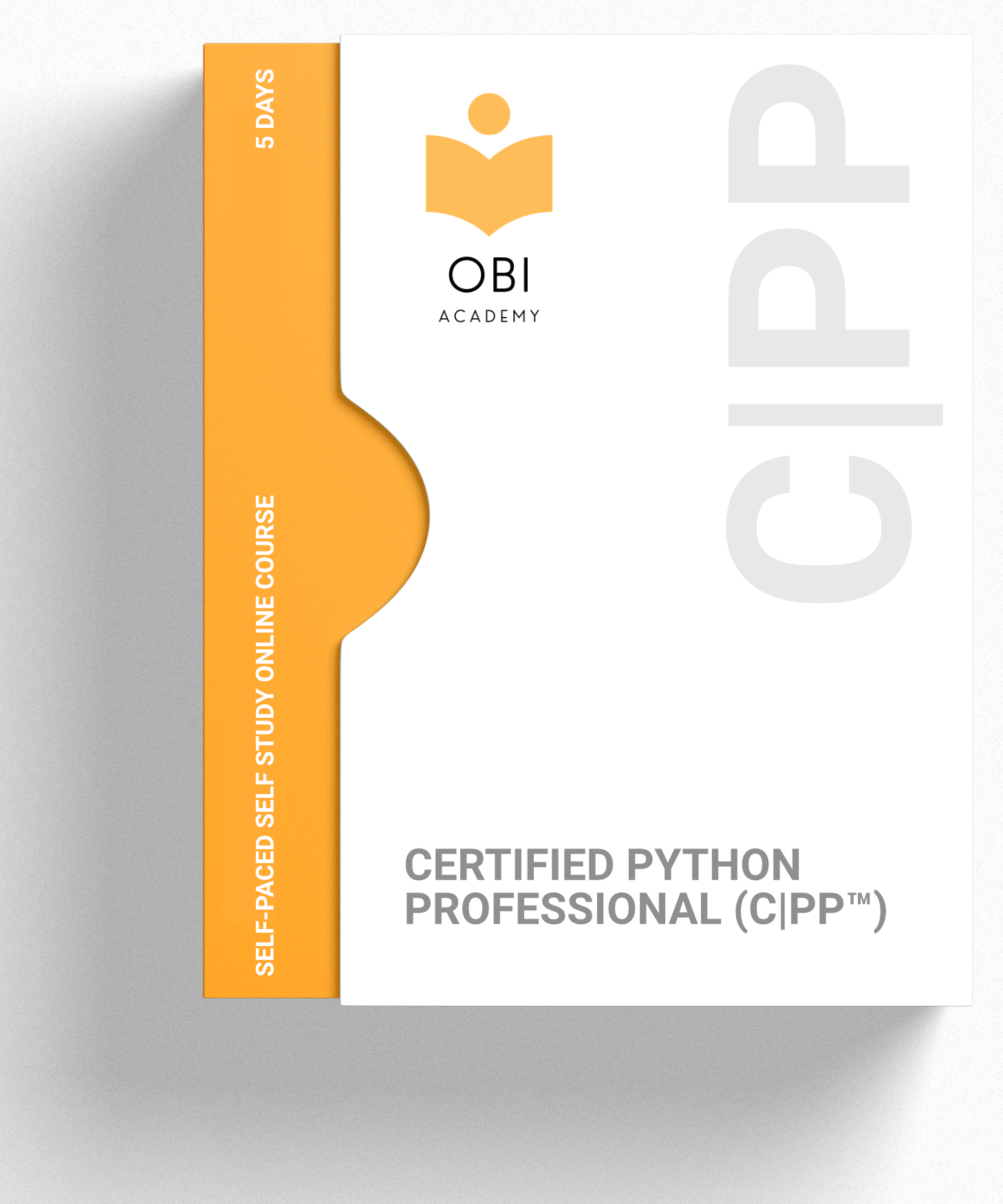03-Generative Python Text Prompting™ (G|PTPv2™) - SELF PACED ONLINE COURSE
£1,249.90
ChatGPT, GPT-3, and GPT-4 are all language models developed by OpenAI. They are designed to understand and generate human-like text based on input data. ChatGPT is a conversational AI model based on GPT-3, while GPT-3 and GPT-4 are large-scale language models designed for a wide range of natural language processing tasks. GPT-4 is an even more advanced version of the GPT series, with improvements in performance, capability, and generalisation.
Python, a high-level, general-purpose programming language, was created by Guido van Rossum in the late 1980s and named after the British comedy group Monty Python. Since its first release in 1991, Python has become one of the most popular programming languages worldwide, owing to its easy-to-learn syntax, versatility, and application in various fields such as web development, data science, machine learning, and artificial intelligence. As an open-source language, Python can be freely distributed and modified, fostering a large community of developers who actively contribute to its development and growth.
With our Generative Python Text Prompting (G|PTP™) course, we will teach you all you need to know about ChatGPT, GPT-3 and GPT-4 integration with Python programming and using the OpenAI API to unleash Artificial Intelligence, for use in your business and development projects.
Quantity:
ChatGPT, GPT-3, and GPT-4 are all language models developed by OpenAI. They are designed to understand and generate human-like text based on input data. ChatGPT is a conversational AI model based on GPT-3, while GPT-3 and GPT-4 are large-scale language models designed for a wide range of natural language processing tasks. GPT-4 is an even more advanced version of the GPT series, with improvements in performance, capability, and generalisation.
Python, a high-level, general-purpose programming language, was created by Guido van Rossum in the late 1980s and named after the British comedy group Monty Python. Since its first release in 1991, Python has become one of the most popular programming languages worldwide, owing to its easy-to-learn syntax, versatility, and application in various fields such as web development, data science, machine learning, and artificial intelligence. As an open-source language, Python can be freely distributed and modified, fostering a large community of developers who actively contribute to its development and growth.
With our Generative Python Text Prompting (G|PTP™) course, we will teach you all you need to know about ChatGPT, GPT-3 and GPT-4 integration with Python programming and using the OpenAI API to unleash Artificial Intelligence, for use in your business and development projects.
ChatGPT, GPT-3, and GPT-4 are all language models developed by OpenAI. They are designed to understand and generate human-like text based on input data. ChatGPT is a conversational AI model based on GPT-3, while GPT-3 and GPT-4 are large-scale language models designed for a wide range of natural language processing tasks. GPT-4 is an even more advanced version of the GPT series, with improvements in performance, capability, and generalisation.
Python, a high-level, general-purpose programming language, was created by Guido van Rossum in the late 1980s and named after the British comedy group Monty Python. Since its first release in 1991, Python has become one of the most popular programming languages worldwide, owing to its easy-to-learn syntax, versatility, and application in various fields such as web development, data science, machine learning, and artificial intelligence. As an open-source language, Python can be freely distributed and modified, fostering a large community of developers who actively contribute to its development and growth.
With our Generative Python Text Prompting (G|PTP™) course, we will teach you all you need to know about ChatGPT, GPT-3 and GPT-4 integration with Python programming and using the OpenAI API to unleash Artificial Intelligence, for use in your business and development projects.
Contents
Format: Online Self-Paced Learning system (55+ hours of rich content)
Modules: 11
Days: 5
Audio: Yes with every slide
LABS: Within the course there are demos, labs and exercises available for download for every topic..
ePub: A digital ePub version is available, when online self-paced course is purchased.



